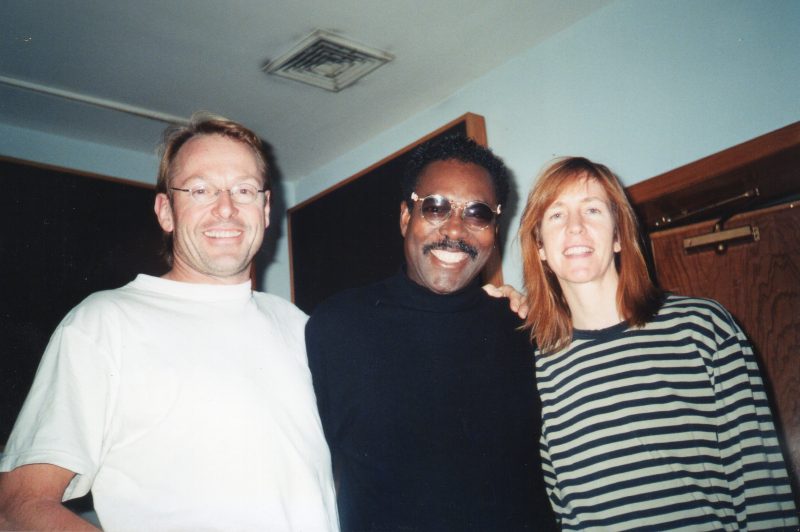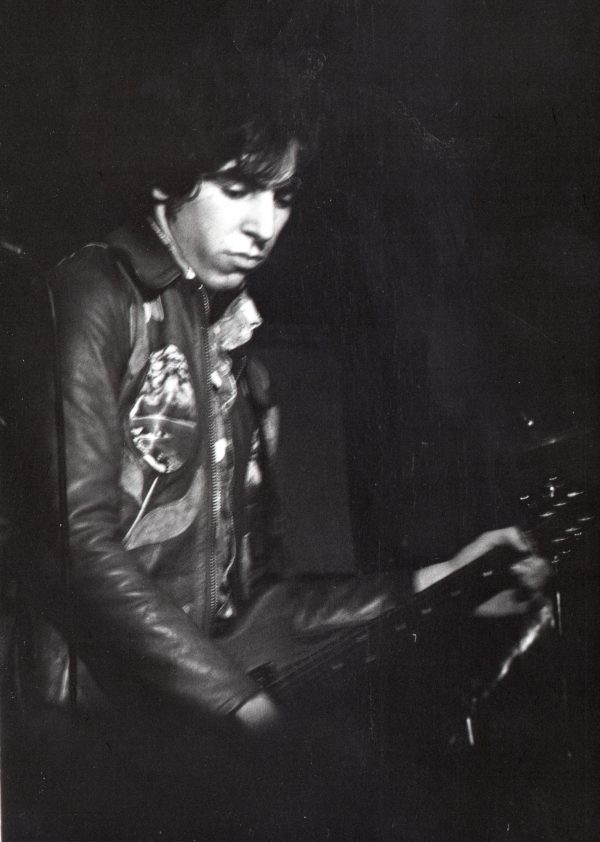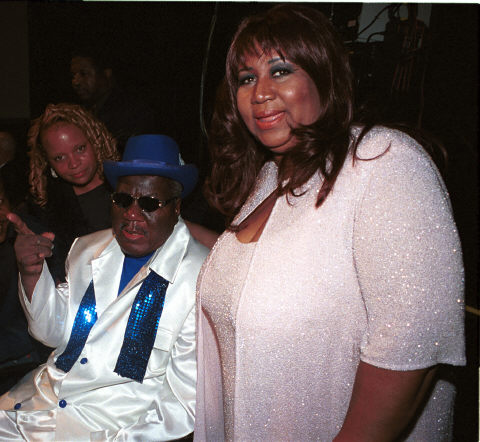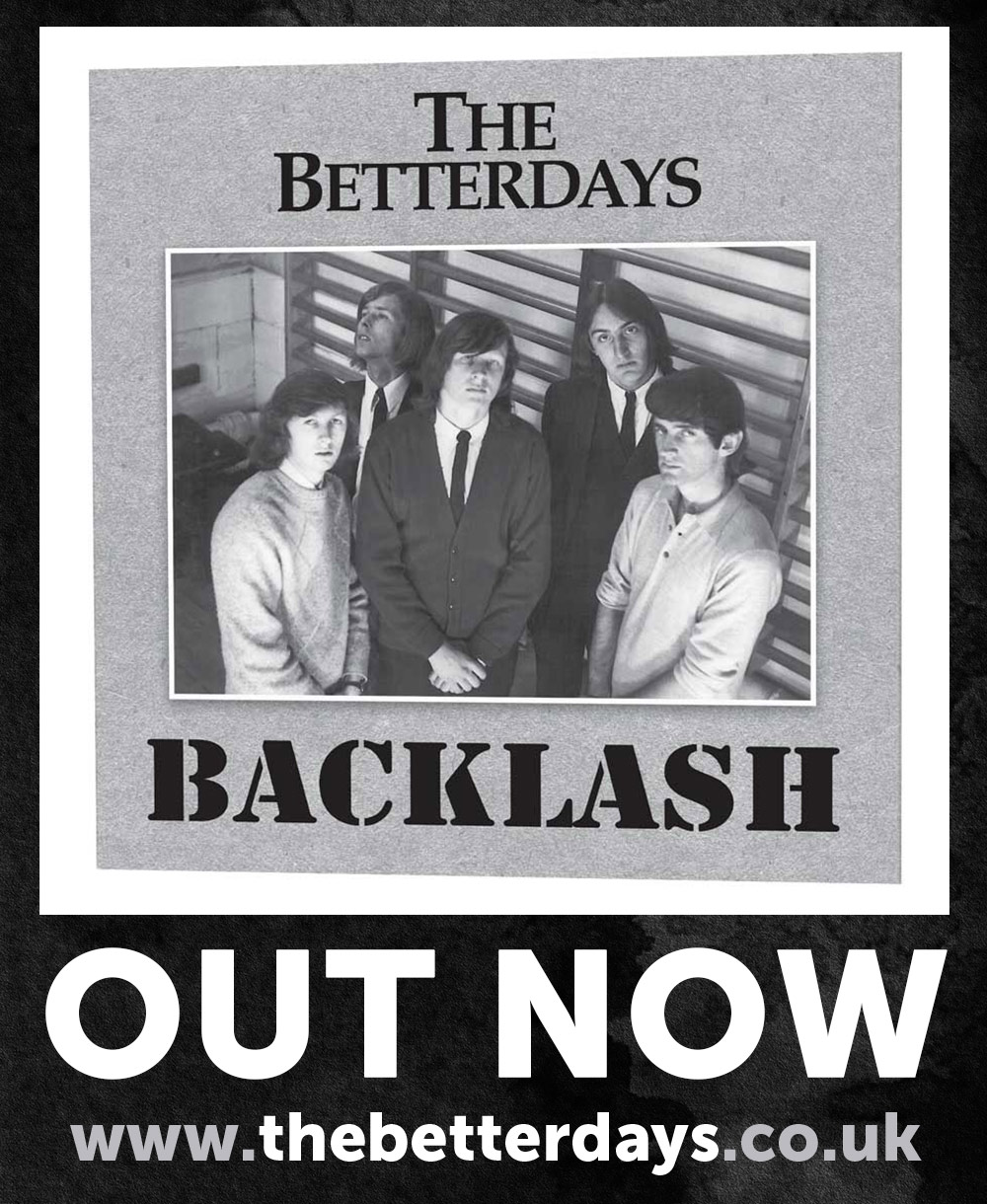A monthly column from US-based “A-List” session musician, songwriter, producer and one time Rolling Stone magazine writer, Jon Tiven. Lifting the lid off of the business of making music…
Aretha Franklin, the undisputed Queen of Soul died on 16th August 2018 at the age of 76. At this very moment, hundreds of thousands of people are queuing up around the block to pay their last respects in Detroit, before her funeral scheduled for Friday of this week (August 31st).
Jon Tiven pays his personal and heartfelt tribute to the woman whose once-in-a-lifetime talents touched his life and career in many ways…
The great Aretha Franklin has gone. But she left us with a musical legacy that shall loom large for eons to come. No singer, particularly female, can listen to her work and not be influenced by it.
I wish I had some great first-hand Aretha stories, but we were like ships in the night -more on that later…
I have had three very good friends (also now passed) who were extremely tight with her and I know they would like to pay tribute if they were here. So, my best move is to try to repeat with accuracy, their Aretha Stories.
Sir Mack Rice and I had been friends since 1975, when we both lived in Memphis. We were both signed to East Memphis Music, and he and Eddie Floyd were my mentors.
Sir Mack (born Bonnie), had written “Respect Yourself,” “Cadillac Assembly Line,” “Cheaper To Keep Her,” and “Linda Sue James;” which had kept the Stax artists relevant and in the charts.
Although it would be 20 years before we’d actually make a record together – which we did in New York, and it was a wonderful experience.
One of Mack’s first hit records was his most famous composition “Mustang Sally,” originally recorded by Mack himself and later a big hit for Wilson Pickett. Not many people know the inspiration for the song was Della Reese, known at that time for gifting her men with cars.
Originally Sir Mack cut the demo with his friend Aretha on piano, and he described it as having a groove not dissimilar to “High Heel Sneakers.”
Mack was singing the chorus as originally written, “Mustang Mama,” when Aretha suggested he change the title to “Mustang Sally.” That he did, and history was made.
I asked Mack why Aretha didn’t take a piece of the writing share. “Oh no, she didn’t want that. But her husband Ted White took all of the publishing.”
Mack introduced me to Wilson Pickett, requesting I mail him a copy of the record I had produced on Mack, “This What I Do”. The next thing I know, it’s Wilson on the telephone on a Sunday morning, asking me if I’d like to produce his album.
Wilson was legendary for his wild behaviour, and I was warned by friends that if I got with him, I better have good security. Once we met face-to-face, all worries were gone, the two of us had such respect for each others’ talent that becoming friends was easy.
And once you got close to him, Wilson was a great, warm person who wanted nothing more than to make a new record that people cared about. We had a blast making It’s Harder Now, won a few awards with it, and appeared in legendary filmmaker D.A. Pennebaker’s documentary about the last living soul singers, Only The Strong Survive.

The producer of the film, Roger Friedman, interviewed Wilson several times on camera, and I prodded Wilson to tell his stories of Aretha’s birthday parties, which went something like this
Aretha would throw a massive birthday party for herself every year, invite a load of musicians and singers, and by the end of the night it was a bit of a musical free-for-all with so much talent in the room. The host, however, would be in disguise and keep in the background until the very end, when she would reveal herself.
One year, Wilson saw Aretha pregnant at her party, and he was reticent about speaking to her about it until he cornered her sitting at the piano. He asked her who the father was. She hit a chord on the piano and sang to him: “Wilson ain’t none o’ yours.”
Don Covay, who wrote one of her most famous songs, “Chain of Fools,” was a close friend of mine and we played many shows together during the 1980s. We first met in the early 70s when I was writing for Rolling Stone magazine and he was signed to Mercury Records.
Twenty five years later, we renewed our friendship at Steve Jordan’s New Year’s Party, and I suggested we get together and write a song or two. Many late nights at my apartment later, we had a whole catalogue of songs that were recorded by Huey Lewis & the News, Robert Cray, Wilson Pickett, and a few other artists.
We spent a lot of time together doing music and just hanging out, and I got more than my share of his war stories. I asked him about Aretha, and Don told me that he had been friends with Aretha for a while when she mentioned to him that she wasn’t happy with Columbia, and was thinking of leaving.
Don was an Atlantic artist at the time and he let Jerry Wexler know that she might become available. Jerry scooped her up, and “Chain of Fools” was payback.
She and Don remained friends and the last time I saw Don, he and Aretha were sitting together at the 1999 (I think), Rhythm and Blues Awards in New York, as seen in the main photograph here shot by my friend Steve Berkowitz at the event.
I have a few other friends who were musically involved with Aretha. Dan Penn, Spooner Oldham, Jerry Jemmott. But as long as they can speak for themselves, I don’t feel compelled to spill their beans.
Over the years, I did submit many songs to Aretha, but unfortunately; struck out. And I almost got to play with her. Almost doesn’t count, but it was close. In 2009, Paul Wexler asked me to be musical director for the memorial service for his Dad Jerry, and the two of us put the band together.

Jimmy Johnson, Joe South and myself on guitars, Spooner Oldham and Mike Finnegan on organ/piano – Allen Toussaint as well, on his own performance, Bernard Purdie, Anton Fig and Simon Kirke on drums, Jerry Jemmott on bass, the Uptown Horns (Crispin Cioe, Larry Etkin, Arno Hecht and Bob Funk. On background vocals: Bonnie Raitt, Ellis Hooks, Domino Kirke, and Tabitha Fair.
We were told that Aretha was a possibility, as she was in town, but hadn’t totally committed. We rehearsed “Natural Woman” the night before just in case, and it did sound tremendous.
Bettye LaVette, William Bell, Allen Toussaint, LouAnn Barton, Joe South, Ronnie Blakely, Lenny Kaye, and Jerry’s daughter’s band Big Sister gave terrific performances…..but Aretha didn’t show
I did have one interaction that, albeit small, etched itself into my consciousness. Sometime in the early 1980s, I was walking across Central Park in New York City, toward my apartment on East 61st St. when I happened to walk by the Pierre Hotel.
It was a lovely late spring day, and I spied by the side door next to a limo, an eye-catching woman. She was decked out in a sailor suit, white with blue trim, and a sailor hat to boot. I said to myself, this woman has got one keen sense of fashion.
When I got closer, I realized it was indeed, Aretha. As a great admirer of her work, I had to tamp down my fanboy impulse and spoke not a word.
But when I got close enough, I gave her a great big wink and a smile. She gave me a big smile back. That was all the Aretha I ever needed…
By Jon Tiven
Aretha and Don Covay (with Don’s fiancée, Gayle Cody): Photo credit Steve Berkowitz





